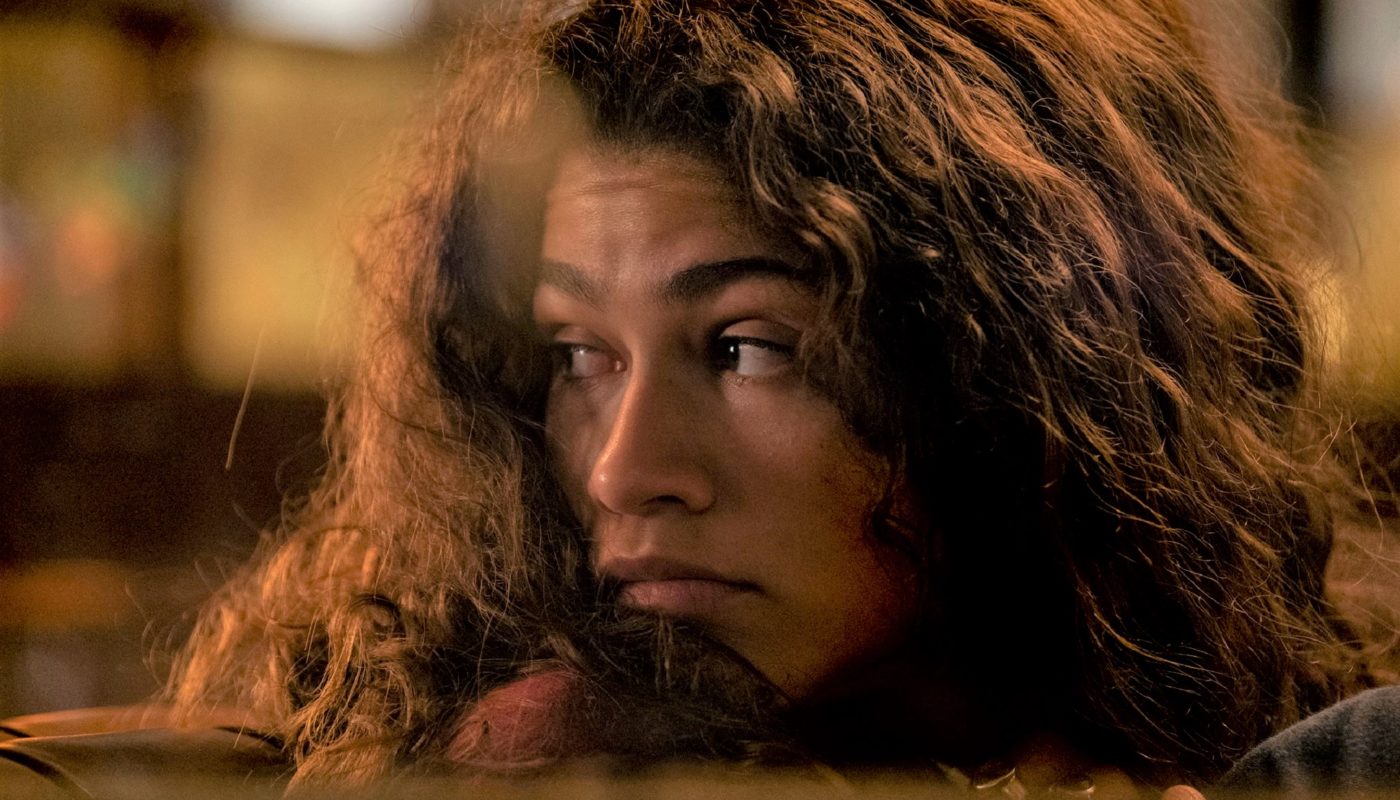HBO’s hit series “Euphoria” has recently been met with heavy criticism by D.A.R.E. surrounding the show’s depictions of drug use and addiction.
D.A.R.E. released a statement targeting “Euphoria,” saying, “Rather than further each parent’s desire to keep their children safe from the potentially horrific consequences of drug abuse and other high-risk behavior, HBO’s television drama, ‘Euphoria,’ chooses to misguidedly glorify and erroneously depict high school student drug use, addiction, anonymous sex, violence, and other destructive behaviors as common and widespread in today’s world.”
The statement released from D.A.R.E. is an appropriate criticism to make, as conversations need to be held addressing the heavy topics of the show (that’s sort of the whole point). However, there is an interesting connection to make between the history of D.A.R.E. and HBO’s series, “Euphoria;” and it’s one of comparison and perspective.
During the 1980s, D.A.R.E. was introduced to school-aged children by police officers rather than substance abuse prevention specialists. The focus was to scare children away from drugs by explaining legal consequences and possible effects drugs can have on one’s health and future. There was no rehabilitation education, problem-solving workshops, or explanations to why people became dependent on drugs.
“Euphoria,” which stars Zendaya as a teenage addict navigating life in the absence of her father, is a living, breathing cautionary tale. The idea of Sam Levison, creator of “Euphoria,” attempting to glorify drug use by depicting almost every worst-case scenario plausible simply does not make sense. There is nothing attractive about viewing an underaged girl covered in her own vomit from overdosing on pain medication. However, it is necessary. “Euphoria” does even more than what D.A.R.E. thought they were doing in the early ‘80s—providing realistic drug education and examining the heart-wrenching realities of living in proximity to addiction.
The ‘ignorance is bliss’ narrative that D.A.R.E. is attempting to employ can potentially be more harmful than any aspect of “Euphoria.” No one was expecting D.A.R.E. to announce their support for the show. Although, D.A.R.E. has proven by example that, even when there are multiple organizations rallying against a problem, it will not simply disappear.
Zendaya responded to D.A.R.E. in an interview with Entertainment Weekly saying, “Our show is in no way a moral tale to teach people how to live their life or what they should be doing.” The star of “Euphoria” added, “If anything, the feeling behind ‘Euphoria,’ or whatever we have always been trying to do with it, is to hopefully help people feel a little bit less alone in their experience and their pain.”
According to the CDC, there were an estimated 100,306 drug overdose deaths in the United States during a 12-month period ending in April 2021. It’s no secret that there is a deep-rooted, systemic drug problem in the United States. Rather than attempting to censor a television series catered to adults that ushers this issue to light, perhaps D.A.R.E. should stay in their lane and continue to focus on ‘educating’ their target audience: impressionable youth.


